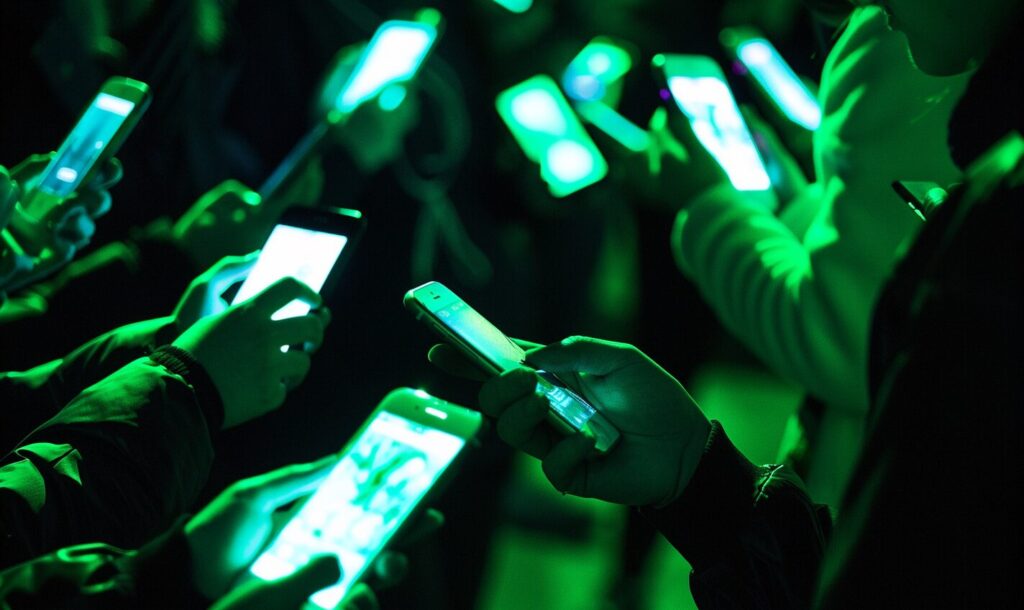Should you give up your hobbies to be more productive at work? A workplace that inspires passion and drive often houses employees who are genuinely connected to their work. This helps to create a phenomenal work output.
However, mental fatigue is certainly a downside of being consumed by work even while at home. A perpetual yearning to perform one’s job productively can cut into time for small yet significant personal hobbies that – according to studies – actually boost work performance.
The study, published in 2014 by the Journal of Occupational and Organizational Psychology, concluded that businesses should increase employee awareness of the benefits of outer-work hobbies.
“They usually describe it as lush, as a deep experience that provides a lot of things for them,” the study’s lead author, Kevin Eschleman, said of these hobbies. “But they also talk about this idea of self-expression and an opportunity to really discover something about themselves, and that isn’t always captured with the current recovery experience models.”
The Power of Creative Recovery
The positive impact of hobbies on workplace performance is related to creative recovery, specifically the ability of creative hobbies to aid employees in mentally recovering from the demanding rigors of their job.
The study found increased passion and enthusiasm among the subjects when they spoke of outer-work activities, even when they reported enjoying their work.
According to Eschleman’s study, employees with a creative hobby outside of work were more easily able to feel a sense of relaxation in addition to a feeling of greater control. At work, the hobby’s positivity aided in collaborative abilities and creativity, again a byproduct of the greater sense of mastery and control felt during off-hours.
One example of a company seeking to utilize creative recovery is Zappos Inc., which incorporates employee artwork into the offices. Art shows and cook-offs are other ideas for creative recovery stimulation.
“We found that in general, the more you engage in creative activities, the better you’ll do [at work],” Eschleman told NPR. More simply, a manager could tell employees about the benefits of creative recovery, citing Eschleman’s study as proof.
Creativity’s Personalized Variance
Each mind is different, with differing capacities for creativity and general openness. Eschleman’s study recognized this in appliance to outer-work hobbies by asking participants to rate how much they value art and are open to new experiences, on a scale from one to seven.
While this isn’t an entirely precise method of distinguishing the naturally creatively inclined from those struggling to find hobbies, the study found the results leaning in a positive direction regardless.
“It’s very possible that those who are performing better at their jobs also have more energy to pursue these creative activities,” Eschleman says. “You almost kind of spiral in a positive direction.” Increased energy and engagement seems like a very common occurrence among those at work with hobbies outside of it.
How to Make Your Hobby Time More Efficient
So, hobbies outside of work are a big positive – we get it. What if you’re not so great at finding hobbies you enjoy that are truly productive? No worries. Just create a diary over one week that details your outer-office hobbies, with the intent to identify nonproductive hobbies by listing the benefits of each one.
For nonproductive hobbies – like watching TV or checking Facebook – their role as a time-waster will become evident, while the clear benefits of a hobby like painting – creative stimulation, part-time profit, etc. – show that it can be a worthwhile creative stimulant for both the home and office.
As research shows, one should rarely give up hobbies in the hopes of increased productivity at work.
Small hobbies can actually inspire creativity and provide a feeling of mastery and control that can contribute to increased efficiency and improved collaboration. Never be wary of pursuing hobbies, especially those with clear creative and interpersonal benefits.
Recent Stories
Follow Us On
Get the latest tech stories and news in seconds!
Sign up for our newsletter below to receive updates about technology trends














